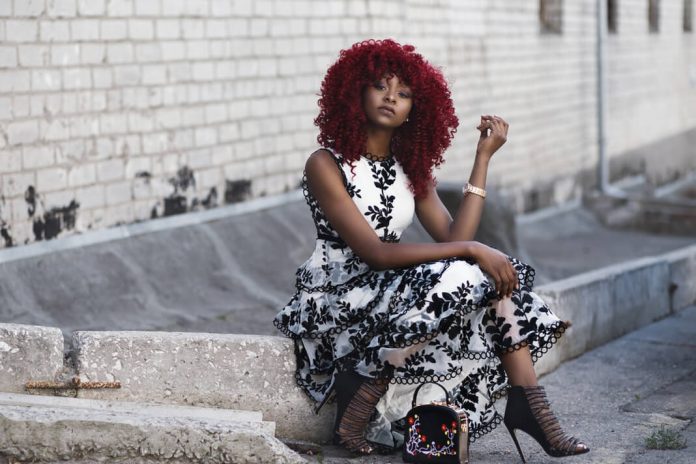When I saw Johnetta Elzie’s radiance grace the cover of Essence magazine, an upsurge of emotion propelled me into happiness, appreciation, and serenity.
Thank you @essencemag for this opportunity. February 2016. We will win. ✊🏽💯 https://t.co/63yOA5NHgT #blackgirlmagic pic.twitter.com/wuSm5dyV3S
— Johnetta Elzie (@Nettaaaaaaaa) January 6, 2016
A spiritual, mental, and emotional reality of joy is a reality that I find increasingly hard to exist in.
Everyday, I am confronted with the bloodcurdling and bone-chilling realization that my very existence — and the existences of all Black girls and women — is an affront to the white supremacist status quo. Black women and girls (and Black people who do not conform to heteronormative standards) navigate a behemoth of socioeconomic confines, institutional roadblocks, and societal behaviors that demean our Being and work to destroy our souls.
Smoldering under the white hot gaze of institutional racism, misogynoir, classism, and other structures of oppression results in extreme and thorough stress. Feeling both misplaced and displaced in the world shaped by anti-Black misogyny leads to anxiety, depression, and feelings of isolation.
Many of us obsessively and unhealthily chastise ourselves for failing to adequately pass in a society that makes us invisible, and views us as expendable … all while laying claim to our bodies.
Many of us feel ugly and subpar because we’re not upheld as the mainstream standard of beauty, elegance, and grace. We are told that our features, vocalizations, and mannerisms are uncouth and unbecoming. And yet, when these same elements are copy-and-pasted onto white bodies, they’re praised without credit or recognition given.
The spaces we have comprehensive and unrestricted access to are ones we’ve created for ourselves. In our spaces, we can be free from the horrors of white supremacist violence, and unapologetically affirm our holistic greatness.
Our spaces pay homage to our ancestral Black women and girls. We uplift our ancestors who were erased from the equivocal history book. The ancestors who suffered — who were humiliated, robbed, looted, brutalized and killed in pursuit of medical, technological, and economic advancement. The ancestors who persevered and built the path of Black Liberation across the global African Diaspora.
Our spaces lay blueprints for Black girls by teaching them that they are worthy.
Our spaces are Black Girl Magic.
Black Girl Magic is an open-source network of much needed affirmation. It’s a reminder that we are a diverse and expansive community whose magic is evidenced by our unmatched slayage.
For me, Black Girl Magic is necessary. It keeps me sane and allows me to resist the urges of crippling depression and loneliness. Black Girl Magic affirms that I am enough.
It pains me when other Black women have a negative interpretation of Black Girl Magic. Especially Black women who exist most closest to the margins. For Black women who are differently-abled, dark-skinned, and/or 4C natural. For Black women whose Magic doesn’t look like college degrees and corporate employment, but single parenthood and/or less-than-livable wages. For Black girls who do not wear size 4 dresses and 6-inch heels.
Social media is a significant feature of the Black Girl Magic platform. Yet, digital tools can amplify self-doubt in the most marginalized of us.
For those Black girls who are routinely ignored and dismissed in their physical spaces and are looking to be affirmed by likes, retweets, and large followings … what does it mean when their images don’t conjure enthusiasm within Black digital communities?
What does it mean when Black girls who exist way beyond eurocentric beauty standards are cyber-bullied or are the unwelcome subject of a meme?
As Black girls, we need to unpack how various bodies interpret Black Girl Magic given experiences, traumas, insecurities, and cultural competencies. We need to take action against white supremacist corporatist inclusion in, and co-optation of, our self-image movements. We further need to dissect how such inclusion deliberately perpetuates pigmentocracy, colorism, ableism, classism, and size discrimination in OUR self-created spaces.
Corporations are co-opting our Magic. They are puppeteering the most marginalized of us in front of their white audiences to pander and feed into their ferocious need to gripe against Black Girl Magic without appearing racist.
That’s what happened at Elle.com. How do we ensure that such violence doesn’t again?












